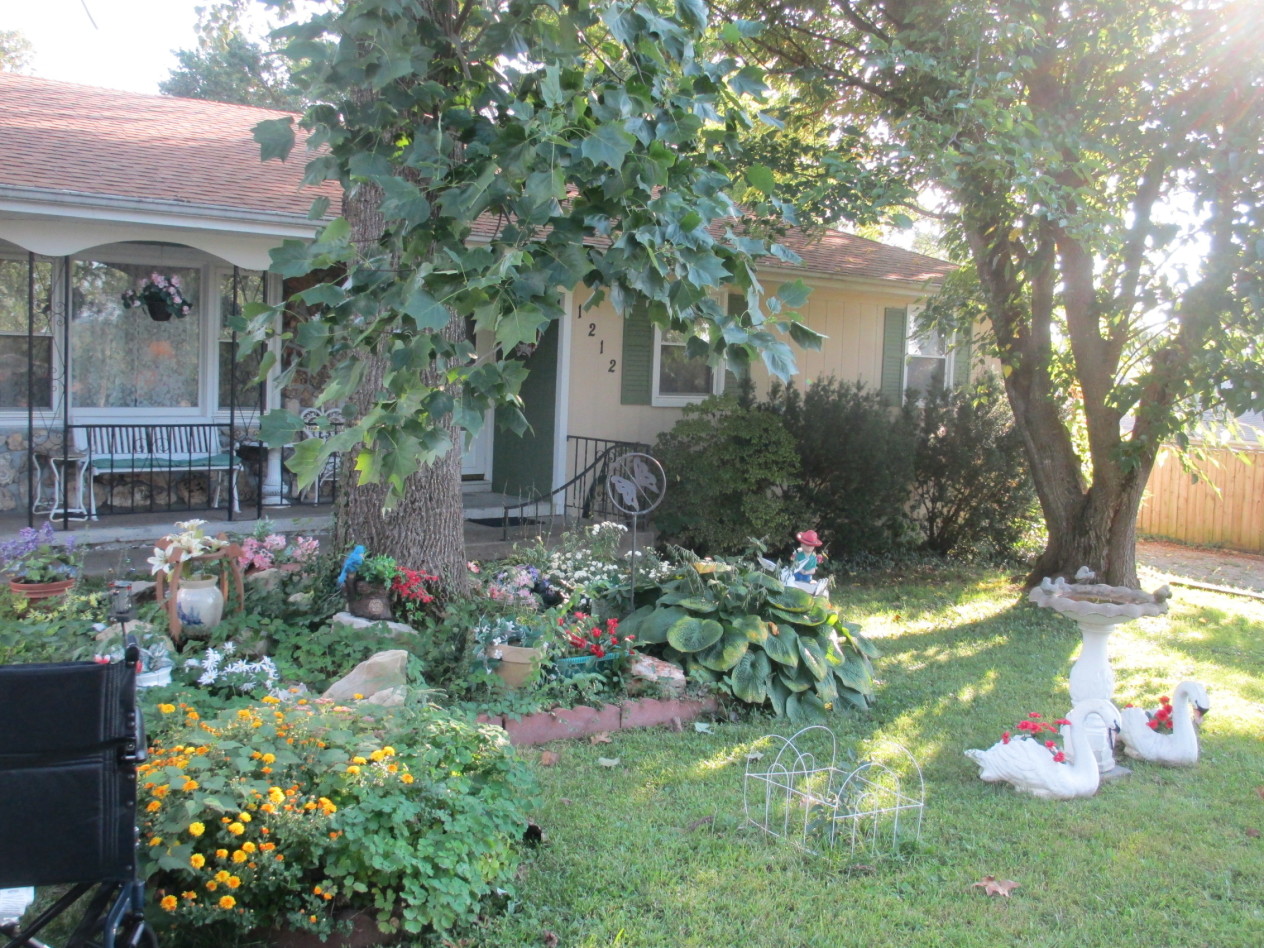5 Simple Ways to Communicate in Awkward Situations
Caregivers and family can find it difficult to communicate in awkward situations.
The reason could be as simple as stubborn wills. More likely, it involves Alzheimer’s, dementia or other medical issues including reactions to certain medications. When words are gone or memory fails, even for a short period of time, we must learn other ways to communicate so people will feel valued and loved.
Read John’s story: can you relate?
John quickly crossed the road to avoid an encounter with a couple. His long-time friend was suffering memory loss and would not know him. When confronted later, John admitted, “I was uncomfortable; I didn’t know how to react and didn’t want anyone to feel embarrassed.” The end result was worse than embarrassment; the couple felt rejected and hurt.
1. Always take time to acknowledge someone you meet in public.
Greeting the hurting couple above with a handshake and sincere smile would have boosted their confidence, encouraged and helped them cope in an otherwise awkward situation. Depending on the circumstances, John could have offered to carry their bags, buy them a cup of coffee, or simply promise to pray faithfully for them.
2. Acknowledge each person you meet in a home you visit.
Jenny was caring for her elderly deaf aunt. On my first visit, the aunt was in her wheelchair in the middle of the room. Before sitting down for our visit, I went to the frail, little woman whom I had not met before. With a broad smile, she took my outstretched hands and gave them a good squeeze. Jenny and I would have plenty of time for our visit; her aunt needed someone to notice she was there, too.
3. Find creative ways to communicate non-verbally.
After driving hours after work to visit us, our son would always go directly to Grandma’s chair without a word to anyone else. Her quiet little world suddenly became the queen’s palace as he smiled and hugged on her for awhile. “Would you like a candy bar, Grandma?” The excitement mounted as he slowly unwrapped a little Hershey bar for her. There are no words to describe the very real, very intense “conversation” that followed as he made sure Grandma knew she was loved.
4. Accept the situation as it is; not as you wish it were.
When Mother said to me, “I am not your mother”, I had to accept the fact that, in her mind, I was a stranger caring for her. Whether she knew me as her daughter or not was not the primary issue at the time. She needed to know the person taking care of her loved her; that she was in a safe environment. (More about this account in my book, MY MOTHER MY CHILD.)
5. Put yourself in the other person’s shoes.
If you couldn’t talk or express yourself, how would you feel. How could a visitor or family member help you feel a part of the family? How would you want to be greeted? What could someone do to show you that you had value?
A need for acceptance is built inside each of us. We long to please, to be a part of the activity in our surroundings. We need to feel loved.
Experience has taught me, when feelings surface of being lonesome, unloved, or left out, all I need do is find someone to love on a bit. Jesus said, “Love one another.” I trust you will find someone today needing a big hug and a smile and share with them. It’s contagious.
Hugs,

P.S. For more great tips and helps, you will benefit from the discussion guides in the latest edition of MY MOTHER MY CHILD. Click here for preview.


Just a hello and a hand holding does many things. It makes the person feel like you think they are important enough to acknowledge them.
Love your letters!!
Thanks, June!
There is so much value in a simple, honest smile! Yes!
This photo is my cousin’s yard in Branson. She is 86 and he is 90; still holding hands and loving on Jesus! What a blessing.
Hugs to you,